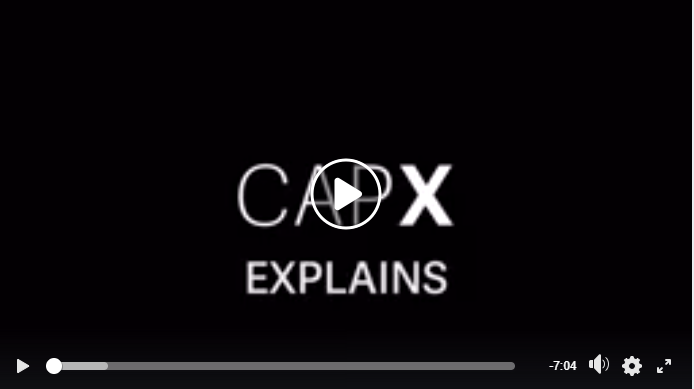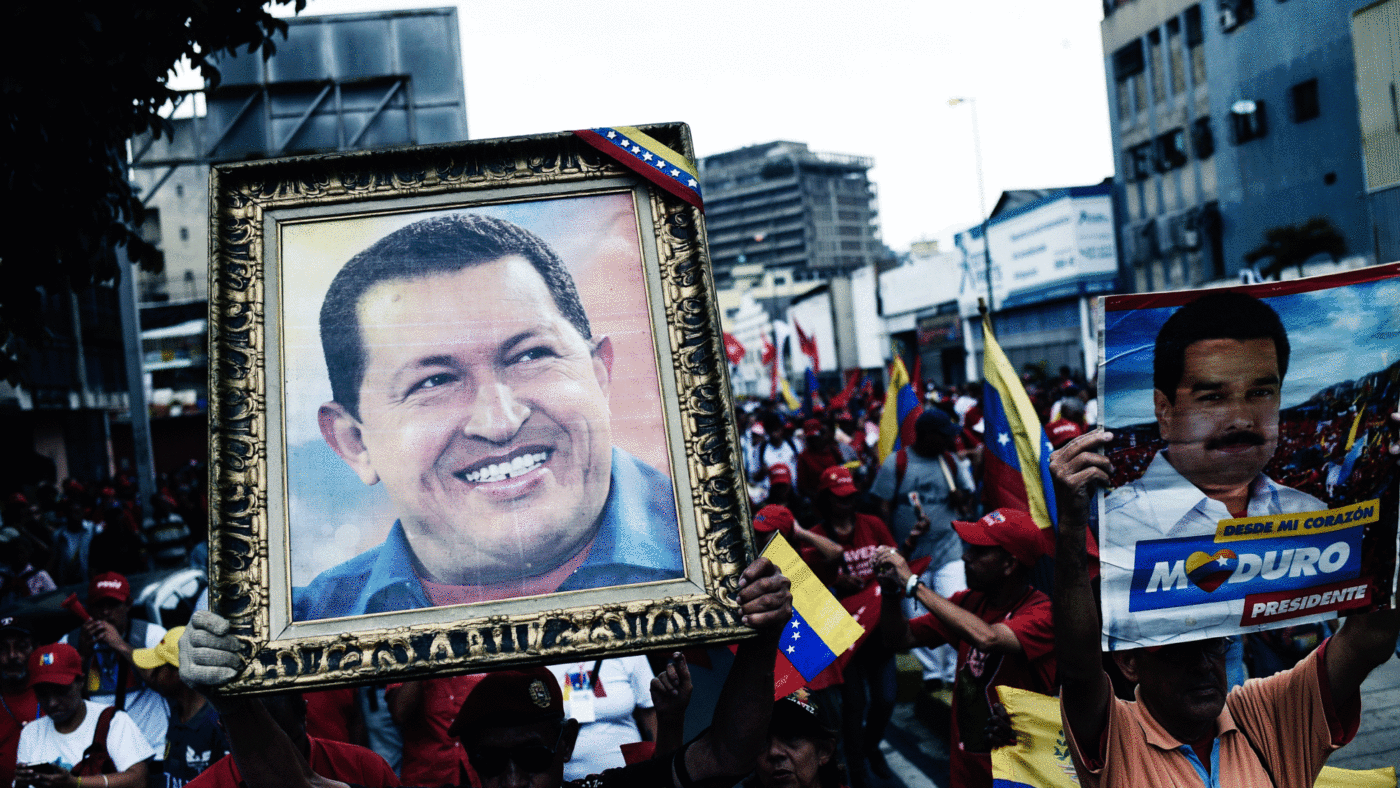“Let’s all come out on to the streets of Caracas to celebrate the triumph of sovereignty, dignity and patriotism!”
That was the rallying cry yesterday from the parallel universe inhabited by the official Twitter account of Venezuela’s Socialist Party.
It’s a year to the day since Nicolas Maduro won the presidency in what the opposition and numerous international observers described as an illegitimate election. Accusations of vote-buying, fraud and other irregularities abounded. And it wasn’t just the Americans or the Brits crying foul; the 14-nation Lima group of Latin American nations also joined in.
Yet for all the accusations of foul play, evidence of torture, the mass exodus of millions of Venezuelans pouring over the border into Colombia and other nearby countries, a certain faction of the right-on hard left still insists that the great villain of the piece is not Hugo Chavez’s lieutenant, the comically ghastly Maduro, but the United States.
American sanctions, we hear from the likes of Corbyn cheerleaders Aaron Bastani and Ken Livingstone, are the real cause of Venezuela’s woes.
For the first of our new CapX Explains video series, we examine what this interpretation of the crisis gets so horribly wrong.

It’s worth reiterating the sheer scale of the crisis the country is facing — three million have already fled, with UN projecting that figure could rise to 5 million by the end of this year. Inflation is so out of control that calculating it is nigh on impossible. Its results, however, are crushingly simple — a lack of the most basic resources, except for a tiny elite who are still able to buy things using foreign currency. The government’s farcical response to hyperinflation has not been to tackle the underlying structural problems — though that is a massive undertaking — but to simply lop a few zeros off the bolivar and relaunch it as the ‘sovereign Bolivar’.
But what about those US sanctions? Is Donald Trump really to blame for all this?
In a word, no. For starters, there’s the thorny issue of chronology. American sanctions didn’t kick off in earnest until 2017, long after Venezuela’s chronically mismanaged economy had started to nosedive. Indeed, Maduro himself declared a state of emergency in 2016, when inflation was already running at an eye-watering 800 per cent.
The real question is, if not sanctions, then what?
There is no single answer, but the extraordinary crisis with all its grim visual language is the end point of years of disastrous policies incubated in the blind ideological fervour of the Socialist Party, first under Hugo Chavez, and now under Maduro, who has ruled Venezuela since 2013.
Once one of the world’s richest nations, the Latin American country is a textbook example of so-called ‘Dutch disease’, where a state becomes over-reliant on a single resource at the expense of the rest of the country. In Venezuela’s case that meant being hostage to the world oil markets. That structural problem was bad enough – and existed long before Chavez came to power in 1998, but it was hugely exacerbated by the way the Socialists gutted the staff of the state oil company, the PDVSA, and replaced it with political lackeys.
The Chavez government’s decision to splash its oil revenues on wide-ranging social projects, a policy much lauded by some Western intellectuals, also meant there was far less money to spend on vital updates to the oil infrastructure, which had a knock-on effect on productivity, none of which had anything to do with the US government.
What billions were not being redistributed by the government were being systematically siphoned off by Chavez’s cronies, many of whom are now living the high life in Europe or the US. Indeed, as we note in the video, former minister Jorge Giordani estimates that a staggering $300bn was looted from the country since Chavez came to power in 1998.
And while a certain group of leftwingers like to compare Venezuela to other examples of US-led regime change – Chile, say, or Iraq – perhaps the more striking comparisons are with the despots of post-colonial Africa.
For while Chavez might once have invoked the great liberator, Simon de Bolivar, and promised a form of ’21st century socialism’, what his regime and that of Maduro boiled down to is the same old combination of incompetence and graft that have characterised so many other banana republics and failed petrostates.
Take a look at our video to find out more about the plight of Venezuela and its people.
CapX depends on the generosity of its readers. If you value what we do, please consider making a donation.


